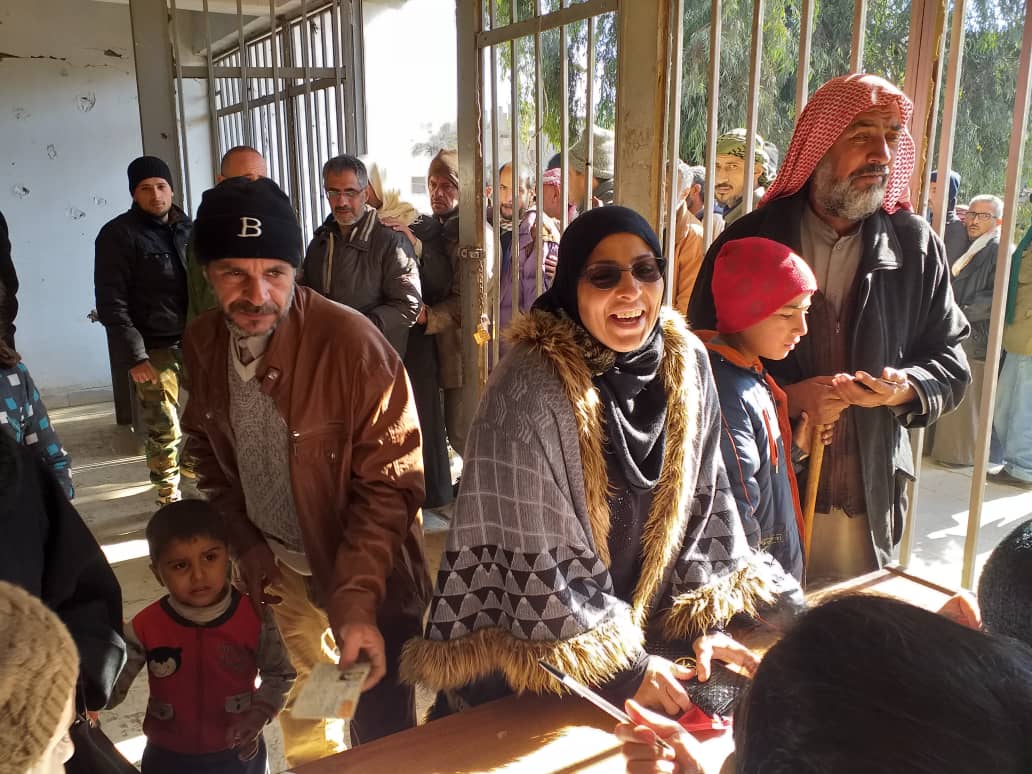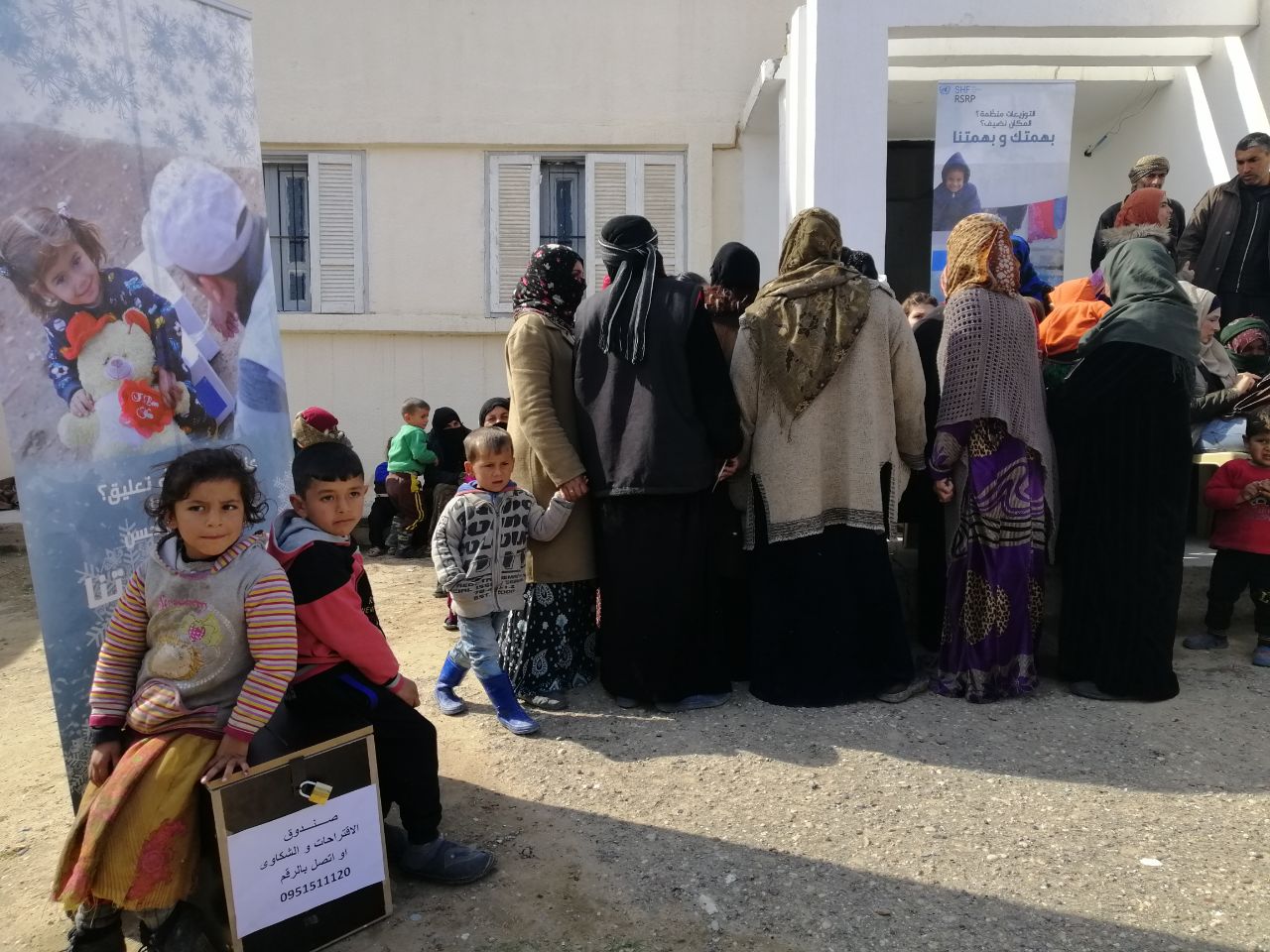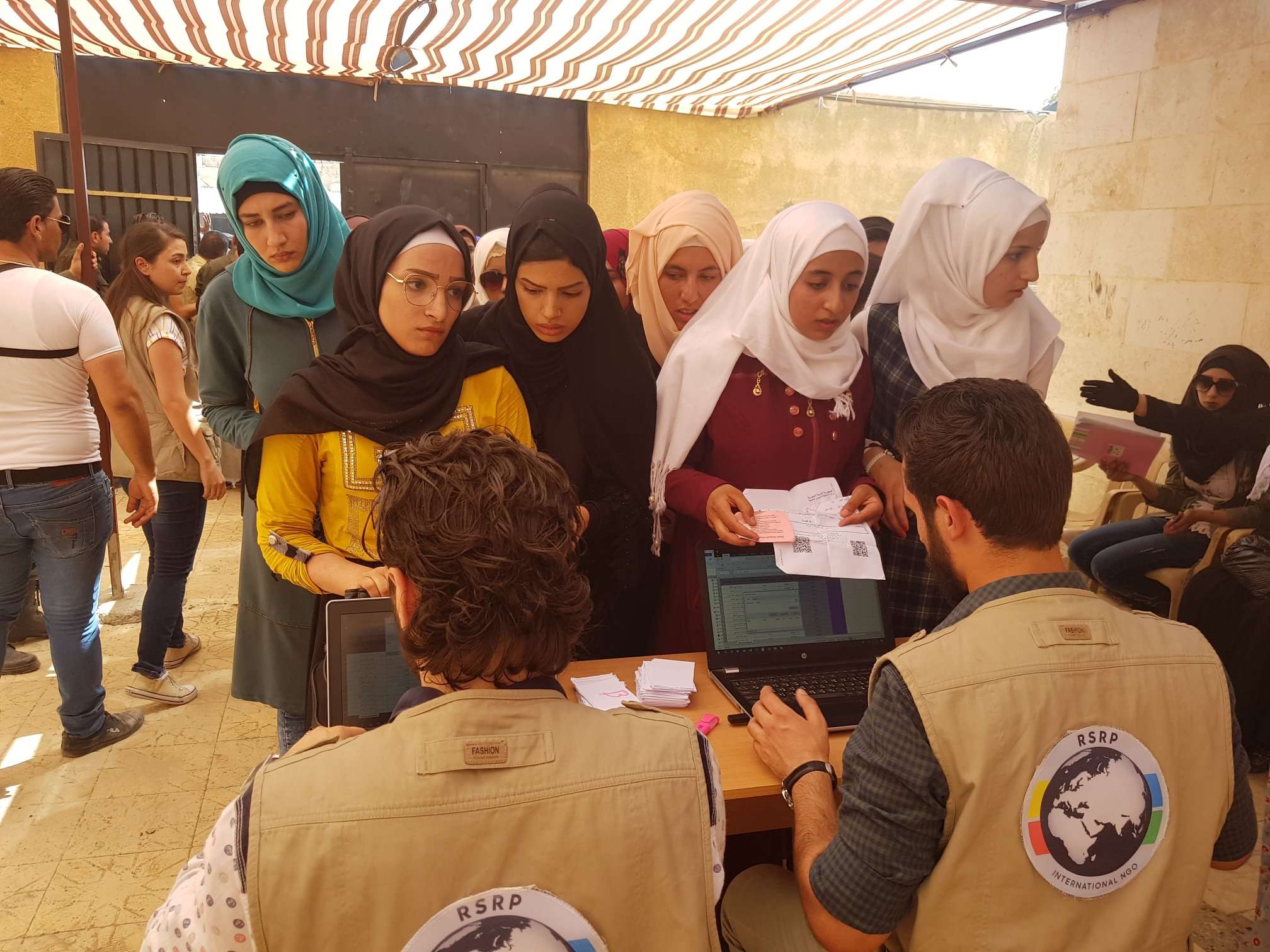We are specialised in emergency response and stabilisation projects within formal and informal settlements and host communities, housing large numbers of displaced people. Our main intervention sectors are Shelter, NFI, WASH and Education. Our WASH projects usually include a combination of the following activities:
- Rehabilitation of WASH infrastructure and water treatment plants
- Sewage collection
- Installation of WASH facilities
- Provision of potable water via water trucking in emergency situations
- Implementation of WASH in schools
- Hygiene awareness campaigns
- Garbage collection campaigns.
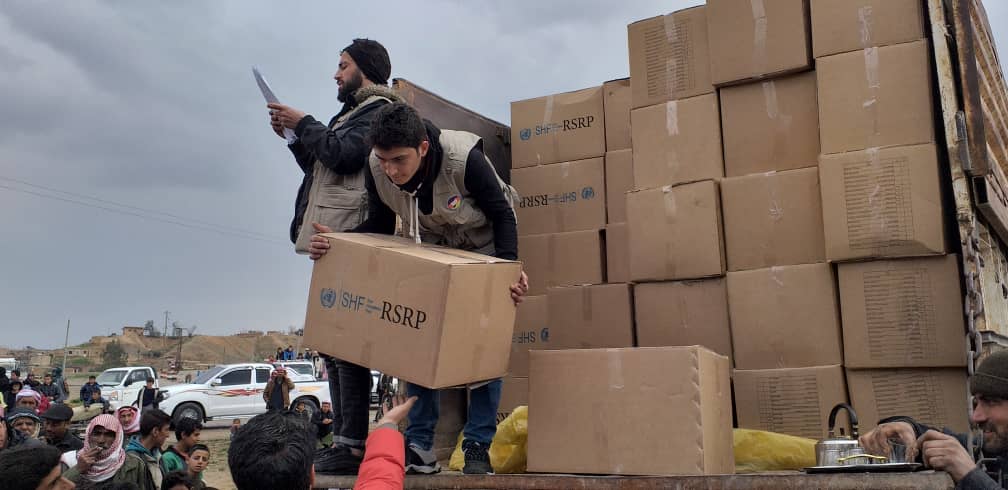
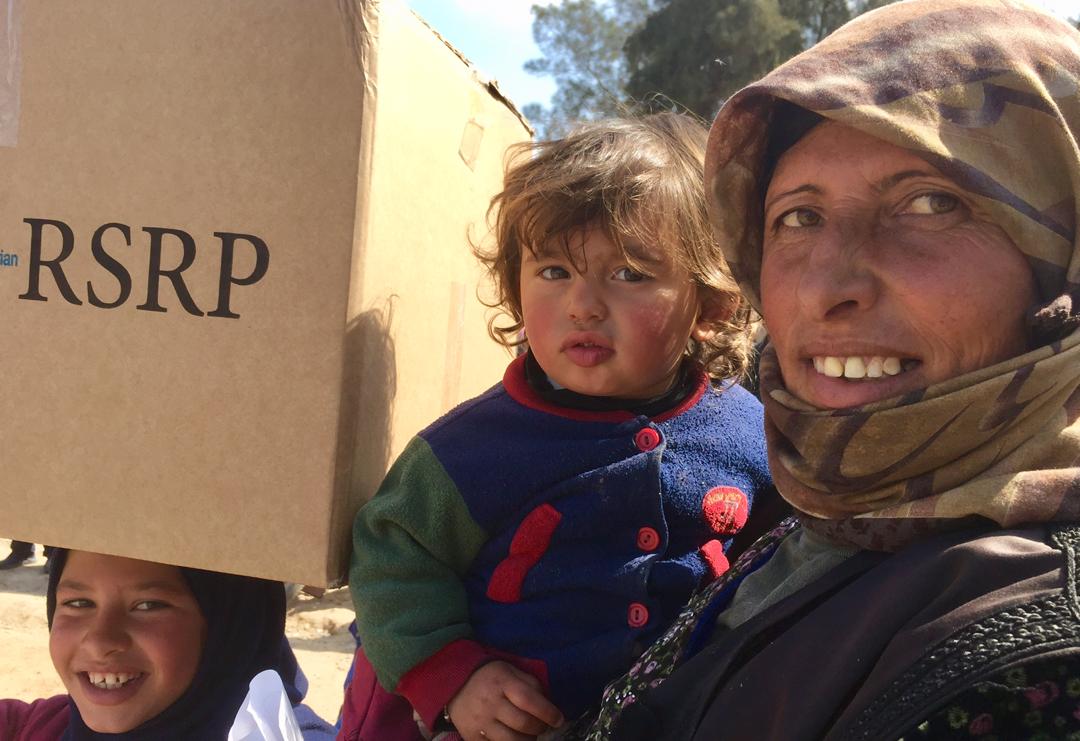
All of these WASH measures contribute to providing continuous water supply and the establishment of appropriate hygiene routines to protect people’s health, avoid epidemic outbreaks and contribute to the health and stability of entire communities. During the duration of the project, we also include training for local authorities and WASH engineers, to help build capacities and ensure the correct operation and maintenance of the infrastructure (water treatment plants and water networks, etc).
RRI is also very active within the Shelter Sector and realises extensive shelter projects that include the setup and operation of IDP Camps, installation of Returnee Housing Units (RHU’s), provision of basic camp infrastructure, rehabilitation of shelters to provide homes for returning families and the distribution of essential kits and non food items (NFI).
As part of the UNICEF led, Rapid Response Mechanism, we provided life-saving kits for displaced families who are suffering from a lack of basic and life-sustaining products, such as, potable water, food rations, hygiene products, clothes, mattresses and blankets.
To contribute to the “No Lost Generation” initiative and provide opportunities for the children of Iraq and Syria, RRI realises extensive education support projects in cooperation with different partners. Those projects usually include the rehabilitation of school buildings and the realisation of back to school awareness campaigns. Through lectures, street theatre, play sessions, door to door visits and other activities, key messages concerning the importance of education are delivered to the out-of-school children and their parents. These measures contribute to the re-enrolment of students in many communities and the use of the schools that have been rehabilitated, to their full capacity. We also conduct different types of training and capacity building sessions for teachers to introduce them to new methods of interacting with students and creating risk awareness. These measures significantly enhance the capacities of education personnel and contribute to improving the quality of formal education.
To help meet the need of creating livelihood opportunities, RRI has recently initiated a so called “Tech for Food” project in Baghdad which includes training in English and IT to build up capacities and create job opportunities for the participants.
The implementation of these interventions have enabled us to accumulate solid experience in Shelter, NFI, WASH and Education assistance and the positive results we achieve in targeted communities prove our extensive expertise in hard and soft components.
Our work is based on loyalty to the locals, employing strict neutrality, independence, credibility and precision in our actions.

